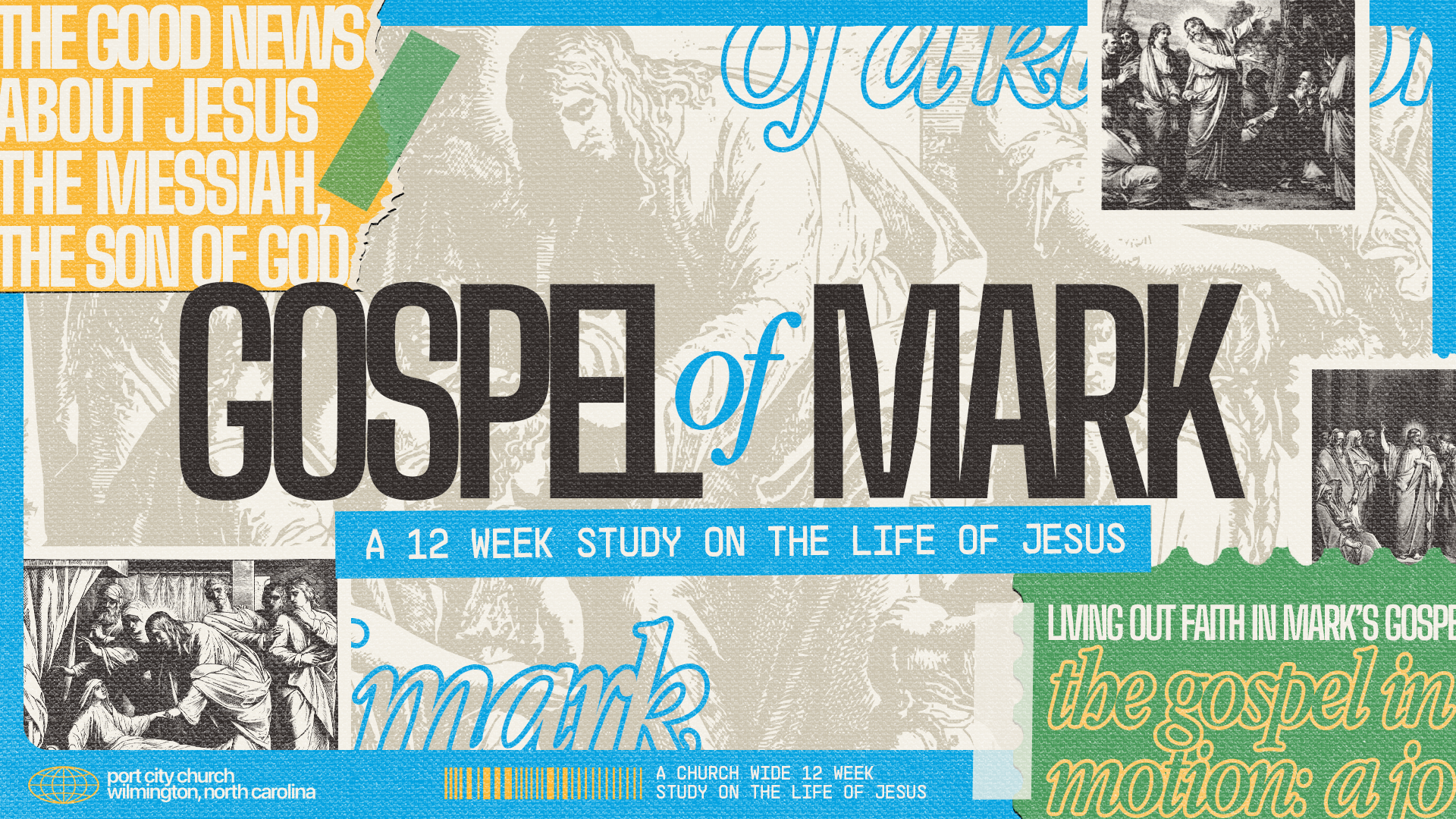An Unlikely Call
READ
Picture the most unlikely person you can imagine becoming a spiritual leader. Today, we meet Levi, sitting at his tax collector's booth.
Let’s take a moment to read Mark 2:13-17:
Once again Jesus went out beside the lake. A large crowd came to him, and he began to teach them. As he walked along, he saw Levi son of Alphaeus sitting at the tax collector’s booth. “Follow me,” Jesus told him, and Levi got up and followed him.
While Jesus was having dinner at Levi’s house, many tax collectors and sinners were eating with him and his disciples, for there were many who followed him. When the teachers of the law who were Pharisees saw him eating with the sinners and tax collectors, they asked his disciples: “Why does he eat with tax collectors and sinners?”
On hearing this, Jesus said to them, “It is not the healthy who need a doctor, but the sick. I have not come to call the righteous, but sinners.”
REFLECT
In first-century Palestine, tax collectors weren't just unpopular – they were seen as traitors who collaborated with Rome and made their living by overcharging their own people. They were social and religious outcasts, banned from the synagogue and treated as unclean.
Yet it's to this man that Jesus says, "Follow me." No conditions. No requirement to first clean up his act or make restitution. Just a simple invitation that changes everything. Mark tells us Levi got up "immediately" – there's that word again – leaving behind not just a job, but an entire identity and way of life.
But the story doesn't end there. Levi throws a great banquet, inviting his old friends – other tax collectors and "sinners" – to meet Jesus. It's a beautiful picture of someone who immediately understands that following Jesus isn't about isolating yourself in religious purity but about creating spaces where others can encounter Him too. Levi's first instinct isn't to distance himself from his old community but to introduce them to his new life.
The religious leaders are scandalized. "Why does he eat with tax collectors and sinners?" They see contamination; Jesus sees opportunity. His response is one of the most powerful statements in the gospels: "It is not the healthy who need a doctor, but the sick. I have not come to call the righteous, but sinners."
This scene challenges our natural tendencies toward exclusion. Note that Jesus doesn't just tolerate these dinner guests – He seems completely at ease with them. He's not conducting a quick evangelistic raid into enemy territory; He's relaxing at table, building relationships, creating space for real conversation and transformation.
For modern readers, this story confronts our own barriers of social and religious prejudice. Who are today's "tax collectors and sinners"? Who are the people we've decided are beyond the reach of grace? The passage reminds us that Jesus' call knows no social boundaries and that genuine ministry often happens around dinner tables rather than pulpits.
Moreover, Levi's transformation challenges our assumptions about who can be used by God. It's a powerful reminder that our past doesn't disqualify us from future ministry – it might actually uniquely equip us to reach others.
RESPOND
Take a moment to process what God might be leading you to do in light of what you read.
How could you create spaces in your life, like Levi's dinner party, where people can naturally encounter Jesus?
REST
Take a moment to rest in God’s presence and consider one thing you can take away from your time reading, then close your devotional experience by praying:
Lord Jesus, thank you for calling unlikely people like us. Give us courage to leave our own "tax collector's booths" and follow You. Help us see people as You see them, not through labels or prejudices, but as potential recipients of Your grace. Make our tables places where others can meet You. Amen.

